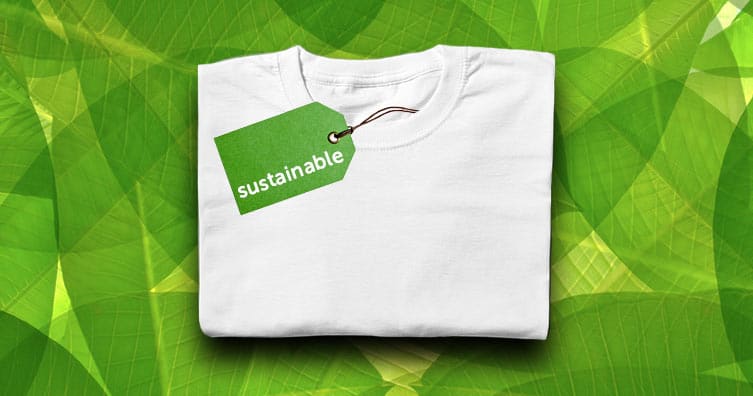Fair trade clothing is an ethical and sustainable fashion movement that seeks to ensure that clothing is produced in a way that is fair to both the people who make it and the environment. It is a response to the exploitation of workers and the damage to the planet caused by the fast fashion industry. In this article, we’ll explore what fair trade clothing is, why it matters, and how you can support the movement.
What is Fair Trade Clothing?
Fair trade clothing is made using sustainable and ethical practices. This means that workers are paid fair wages, work in safe conditions, and are treated with dignity and respect. Additionally, fair trade clothing is produced using environmentally friendly methods that reduce the impact of the fashion industry on the planet.
Fair trade clothing can be made from a variety of materials, including organic cotton, bamboo, hemp, and recycled materials. These materials are grown and produced without the use of harmful chemicals, and they are biodegradable or recyclable.
Why Does Fair Trade Clothing Matter?
The fashion industry is one of the largest polluters in the world, and it is also notorious for its exploitation of workers. The fast fashion model encourages consumers to buy large quantities of inexpensive clothing that is designed to be worn only a few times before being thrown away. This leads to an enormous amount of waste, as well as poor working conditions and low wages for workers.
Fair trade clothing is important because it seeks to address these issues. By supporting fair trade clothing, consumers can ensure that their clothing is produced in a way that is sustainable and ethical. This means that workers are treated fairly, the environment is protected, and the fashion industry becomes more responsible.
How Can You Support Fair Trade Clothing?
There are several ways that you can support fair trade clothing. The first is to look for clothing that is certified as fair trade. This means that it has been produced according to fair trade standards, which include fair wages, safe working conditions, and environmentally friendly production methods. Look for labels such as Fair Trade Certified, Global Organic Textile Standard (GOTS), and Bluesign.
You can also support fair trade clothing by buying secondhand clothing or swapping clothes with friends. This reduces the demand for new clothing and encourages a more sustainable approach to fashion.
Another way to support fair trade clothing is to buy from brands that prioritize ethical and sustainable practices. Some popular fair trade clothing brands include People Tree, Patagonia, and Everlane. These brands use sustainable materials, pay their workers fair wages, and are transparent about their production methods.
Here is a table that highlights some fair trade clothing brands and their products:
| Brand | Products |
|---|---|
| Patagonia | Men’s and women’s clothing, outerwear, and accessories made from organic cotton, recycled polyester, and other sustainable materials. |
| People Tree | Women’s clothing made from organic cotton, TENCEL lyocell, and other sustainable materials. |
| Indigenous | Women’s clothing made from organic cotton, alpaca, and other sustainable materials, featuring fair trade practices and natural dyes. |
| Kowtow | Men’s and women’s clothing made from organic cotton, featuring minimal and timeless designs. |
| Thought Clothing | Men’s and women’s clothing made from sustainable materials like organic cotton, bamboo, and TENCEL lyocell, featuring fair trade practices. |
| Everlane | Men’s and women’s clothing made from sustainable materials like organic cotton and recycled polyester, featuring transparent pricing and ethical production. |
These are just a few examples of the many fair trade clothing brands available. When shopping for fair trade clothing, be sure to look for certifications like Fair Trade Certified, Global Organic Textile Standard (GOTS), and OEKO-TEX Standard 100, which ensure that the clothing is produced ethically and sustainably.
Conclusion
Fair trade clothing is an important movement in the fashion industry. It seeks to ensure that clothing is produced in a way that is fair to both the people who make it and the environment. By supporting fair trade clothing, consumers can make a positive impact on the fashion industry and promote a more sustainable and ethical approach to fashion.
Whether you choose to buy secondhand clothing, look for fair trade labels, or support fair trade brands, there are many ways to get involved in the fair trade clothing movement. By making small changes to your shopping habits, you can help create a more responsible and sustainable fashion industry.

